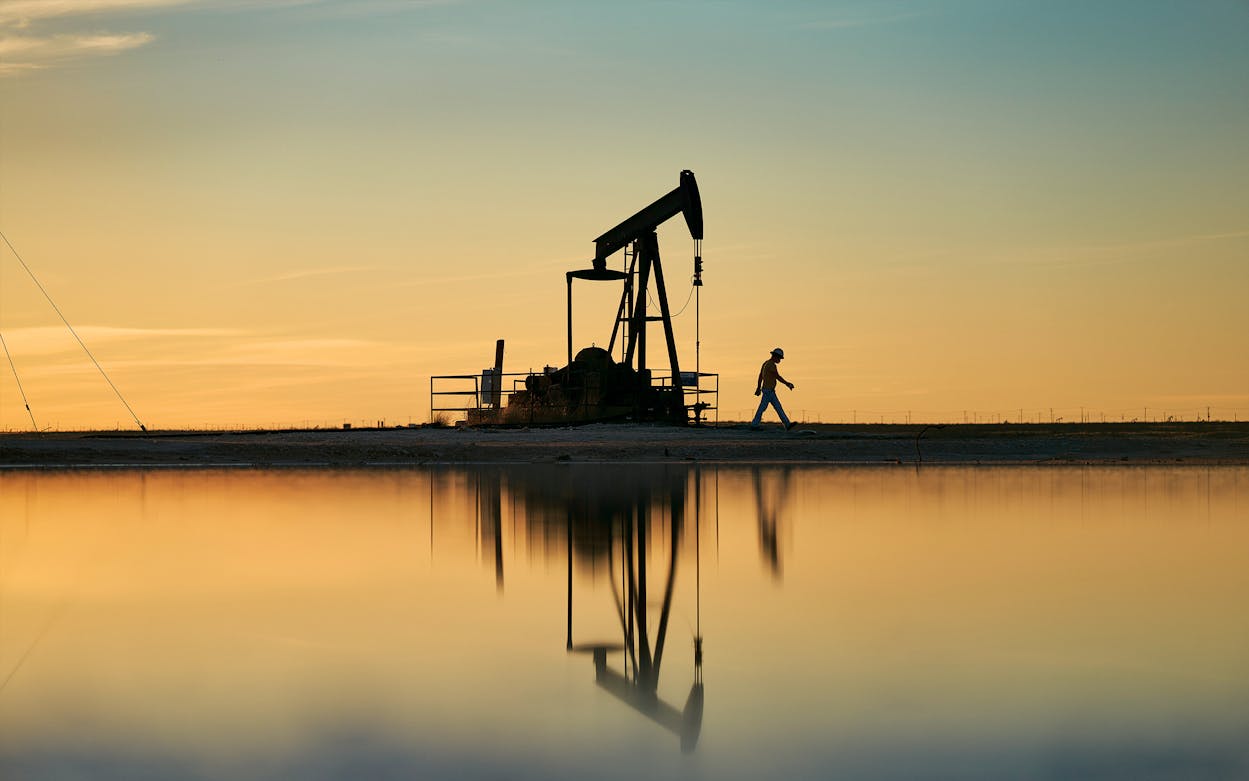On March 8, one week after the first confirmed U.S. death from the coronavirus and three days before the World Health Organization declared the outbreak a pandemic, Saudi Arabia and Russia went to war over the price of oil. The Russians vowed to pump more of their oil into the market, and the Saudis retaliated by slashing their prices. The global market was already awash with cheap crude, in large part because China, the world’s largest importer of oil, had come to a standstill. Other countries around the world were beginning to issue travel bans and stay-at-home orders, meaning the demand for fuel was rapidly decreasing. When the stock markets opened on Monday, March 9, the price of crude plummeted 30 percent. It was the largest single-day drop since the Gulf War in 1991. Overnight, the mighty shale boom in the Permian Basin of West Texas and southeastern New Mexico evaporated into thin air. Prices had hovered around $50 a barrel; now they lingered around $20. It looked like things couldn’t get any worse, but then something unprecedented happened. On Monday, April 20, the price per barrel of West Texas Intermediate crude went negative for the time in history.
In this special follow-up episode of Boomtown, we talk to three familiar voices from the podcast. First, we speak with Midland oilman David Arrington. As you might recall from episode three, David first came to West Texas during the eighties, amid a terrible bust. He’s since made his fortune, and, four decades later, he’s weathered plenty of ups and downs in the patch. But negative oil was something that was hard for even David to imagine. David watched the price collapse and eventually shut down nearly half his production. “I’m not paying somebody $34 to take my oil,” he said.
Next, we turn to journalist Bethany McLean. In episode nine, Bethany explained the shaky financial grounds that were propping up the fracking industry. She says that while the pandemic and the price war between Saudi Arabia and Russia has been devastating for the industry, the economic outlook of the industry was already trending toward trouble: a debt bubble built on historically low interest rates and access to private equity. She’s skeptical that the same investors that ignited the shale boom will be there to reignite another drilling frenzy if the demand for fossil fuels comes back.
And finally, we check in with Pake Rossi, my buddy who works on a frac crew and wrote the theme song for Boomtown, who recently completed a two-week hitch in the patch. He stayed in a man camp in Pecos and another in Midland, an eerie place to call home during a pandemic. But he was grateful to still have the work. Then the price went negative on April 20 and he was let go in a company-wide layoff. I caught up with him two days later after he cleaned out his company truck in Midland and made the long drive back home. For now, Pake’s tour in the patch is over.








